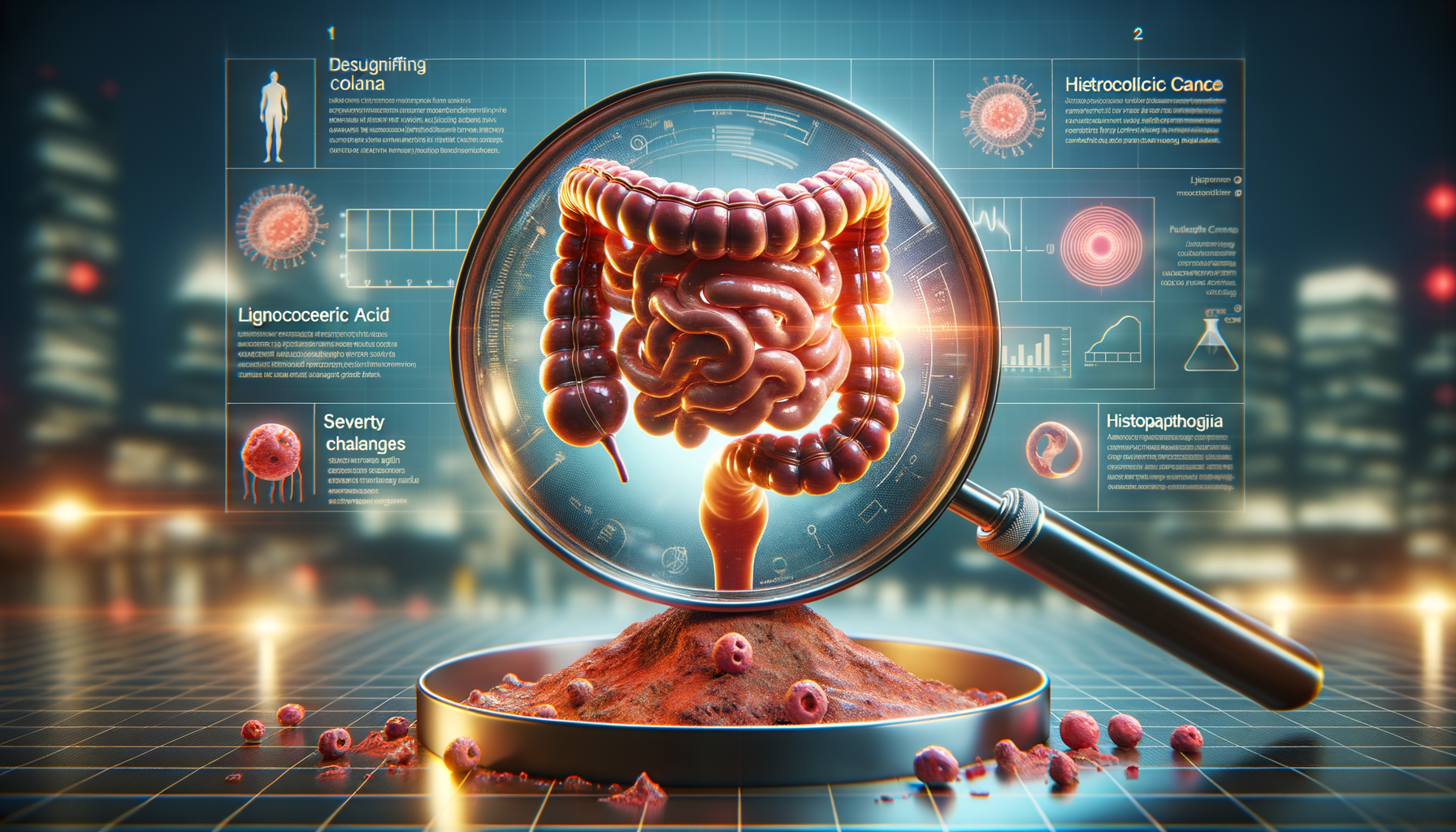Understanding Colon Cancer and Its Significance
Colon cancer, also known as colorectal cancer, is a significant health concern worldwide. It ranks among the leading causes of cancer-related deaths, making awareness and early detection crucial. The colon, part of the large intestine, plays an essential role in the digestive system, and any malignancy in this area can severely affect bodily functions. The importance of recognizing early signs cannot be overstated, as early-stage detection significantly improves treatment outcomes and survival rates.
In recent years, medical advancements have improved the prognosis for colon cancer patients. However, these advancements are most effective when the disease is caught early. Unfortunately, many individuals remain unaware of the initial indicators, leading to delayed diagnoses. By educating oneself about these early symptoms, individuals can take proactive steps towards seeking medical advice and potentially lifesaving interventions.
Common Early Indicators of Colon Cancer
Identifying the early signs of colon cancer can be challenging, as they often mimic less severe health issues. However, being vigilant about changes in the body can make a significant difference. Some common early indicators include:
- Persistent changes in bowel habits, such as diarrhea or constipation, lasting more than a few days.
- Rectal bleeding or blood in the stool, which may appear bright red or dark.
- Abdominal discomfort, such as cramps, gas, or pain.
- A feeling that the bowel doesn’t empty completely.
- Weakness or fatigue, which can result from anemia caused by blood loss.
- Unexplained weight loss without changes in diet or exercise.
These symptoms may not necessarily indicate colon cancer, but they warrant medical evaluation to rule out serious conditions. Regular screenings, especially for individuals over 50 or those with a family history of colon cancer, can aid in early detection.
Risk Factors and Prevention
Understanding the risk factors associated with colon cancer can guide preventive measures. Some risk factors are non-modifiable, such as age and family history, while others are lifestyle-related and can be managed. Key risk factors include:
- Age: The majority of cases occur in individuals over 50.
- Family history: A history of colon cancer or polyps increases risk.
- Diet: High consumption of red or processed meats is linked to increased risk.
- Lifestyle: Sedentary lifestyle, obesity, and smoking elevate risk.
- Medical conditions: Conditions like inflammatory bowel disease (IBD) can increase risk.
Preventive measures include adopting a healthy diet rich in fruits, vegetables, and whole grains, maintaining a healthy weight, exercising regularly, and avoiding smoking and excessive alcohol consumption. Regular screenings, such as colonoscopies, are also crucial in detecting precancerous polyps.
Diagnostic Procedures and Their Importance
The role of diagnostic procedures in identifying colon cancer cannot be understated. Various tests help detect the presence of cancer or precancerous conditions. Common diagnostic procedures include:
- Colonoscopy: A comprehensive examination of the colon using a camera-equipped flexible tube.
- Fecal occult blood test (FOBT): Detects hidden blood in stool samples.
- Sigmoidoscopy: Examines the rectum and lower colon for abnormalities.
- CT colonography: Also known as a virtual colonoscopy, uses CT imaging to visualize the colon.
These procedures are vital in detecting colon cancer at an early stage, where treatment options are more effective. Regular screenings are recommended for those at average risk starting at age 50, but earlier for those with increased risk factors.
Living with and Beyond Colon Cancer
Receiving a colon cancer diagnosis can be overwhelming, but understanding the journey ahead is crucial. Treatment options vary based on the stage and include surgery, chemotherapy, radiation therapy, and targeted therapies. Advances in treatment have improved survival rates and quality of life for many patients.
Support systems, including family, friends, and support groups, play a vital role in navigating the emotional and physical challenges of cancer treatment. Survivorship also involves regular follow-up care to monitor for recurrence and manage any long-term side effects of treatment.
Adopting a healthy lifestyle post-treatment can aid recovery and reduce the risk of recurrence. This includes a balanced diet, regular physical activity, and avoiding tobacco and excessive alcohol. Psychological support and counseling can also help manage the emotional impact of cancer and its treatment.








